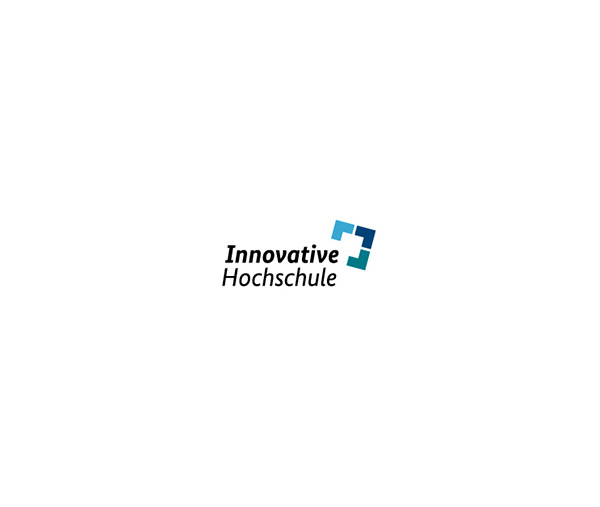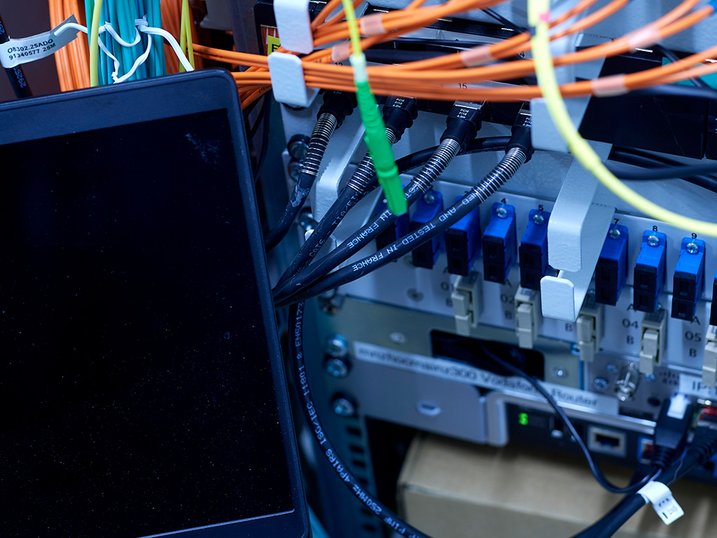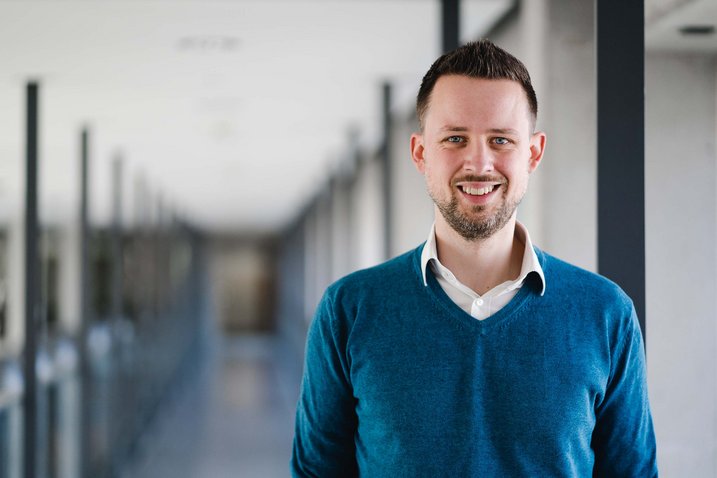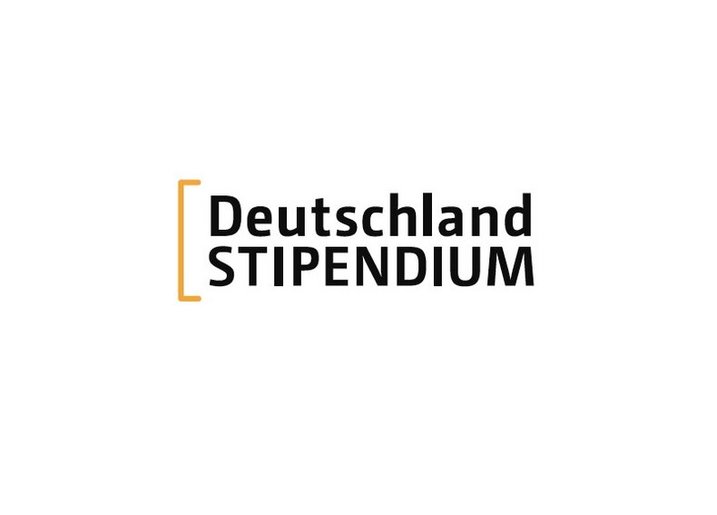The joint project EMPOWER - Living Cooperation and Shaping Innovation, coordinated by Mainz University of Applied Sciences, has been selected in an expert-guided competitive process for the second round of funding under the Innovative Hochschule measure of the German Federal and State Governments. The total funding for the joint project amounts to approximately 13.2 million Euros, of which Mainz University of Applied Sciences will receive a good 2.2 million Euros in total. The Innovative Hochschule measure, launched in 2016, aims to promote the research-based transfer of ideas, knowledge, and technology, and to support universities in raising their profile in the field of transfer and innovation and strengthening their strategic role in the regional innovation system.
EMPOWER views itself as a transfer alliance where innovative solutions to current challenges of high social relevance are developed together. The focus is on the five megatrend topics of connectivity, health, sustainability, cyber security and new work, as well as where they intersect. The planned transfer concepts Innovation Lab, Competence Center, and New Venture Studio form the structural framework. In cross-university pilot projects, regional needs are addressed and worked on together with external partners in the Innovation Lab. Solutions developed there lead to the definition of needs-based qualification measures in the Competence Center, especially for society and the world of business, and allow SMEs in particular to (further) develop business models in the New Venture Studio. The transfer hub is designed in such a way that it facilitates the networking of scientists from all universities, enables joint projects and at the same time offers room for experimentation with specific types of transfer. This makes it possible to develop new interdisciplinary topics that are relevant for transfer and to use existing resources such as laboratories, workshops and staff synergistically. In addition to Mainz University of Applied Sciences, the collaborative project partners are Mainz Catholic University of Applied Sciences, Worms University of Applied Sciences, Ludwigshafen University of Applied Sciences, TH Bingen and Johannes Gutenberg University in Mainz.
“We are very pleased that we were able to convince the expert jury of our ideas for effective transfer through co-creation and open innovation and that we are one of the 55 universities selected for funding out of a total of 165 applicants,” remarked Professor Dr. Susanne Weissman, President of Mainz University of Applied Sciences. “This gives us the opportunity to leverage our innovation potential even further, to advance strategic networking in the region and, in collaboration with our partners, to act as a driving force in finding solutions for socially relevant issues.”
Funding under the measure is scheduled to start in early 2023. For a funding period of up to five years, funds of up to two million Euros per year are budgeted for applications from individual universities and up to three million Euros per year for applications from university networks. In total, the Federal and State Governments will provide up to 285 million Euros for the second round of funding; 90% of the funding will be provided by the Federal Government and the remaining 10% by the respective state in which the universities are located.




